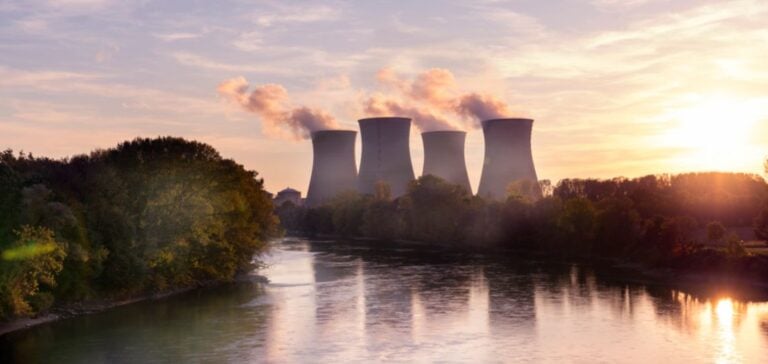The merger between the Institut de Radioprotection et de Sûreté Nucléaire (IRSN) and the Autorité de Sûreté Nucléaire (ASN ) is scheduled for 2025. It aims to simplify the French nuclear safety system, which is currently bipartite. The unions, however, are concerned about the potential disorganization andimpact on independence of future decisions.
The anticipated impact of the merger
Although the reform is designed to streamline procedures, there are concerns about its implementation. Critics fear that the merger will lead to excessive centralization, which could undermine the effectiveness and independence of nuclear surveillance in France.
Union demand for an impartial leader
At a recent meeting with Roland Lescure, Minister Delegate for Industry, the intersyndicale insisted on the need to appoint a prefigurator. The latter should be external to the general management of IRSN and ASN, to guarantee essential neutrality in future arbitrations.
Challenges and imperatives of the nomination process
The complexity of discussions between IRSN and ASN on various technical subjects calls for rapid neutral mediation. The unions emphasize the urgency of this appointment, without which the tight schedule for setting up the new Nuclear Safety and Radiation Protection Authority (ASNR) could be compromised.
Government reactions and next steps
The government, aware of the tensions, supports the need for swift and appropriate action. Minister Lescure’s assurances of an imminent appointment are seen as a positive sign by the intersyndicale, but vigilance is still required regarding the selection of the candidate.
The IRSN-ASN merger remains a hot topic, with a critical need for impartial leadership to navigate the challenges of transition. The selection of an appropriate prefigurator will be crucial to the success of this major transformation in the French nuclear safety sector.






















